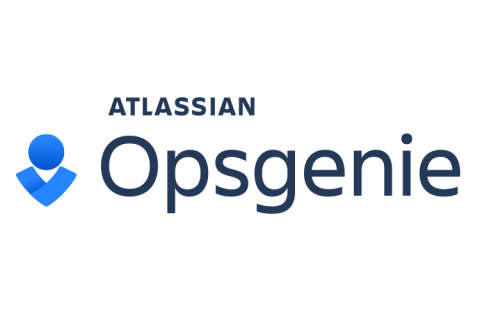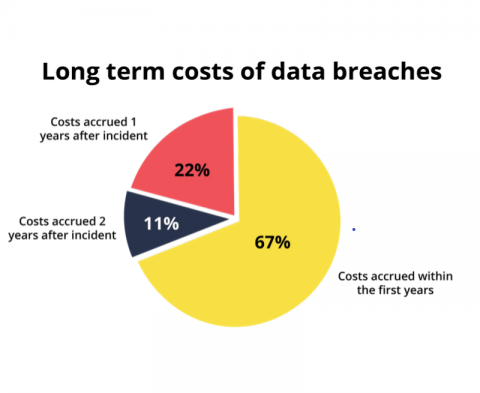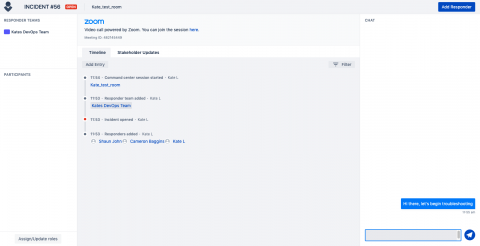Zoom is now available in Opsgenie's Incident Command Center
When incidents occur, the key to a fast resolution is seamless communication. Traditionally, folks would gather in a “war room” – a room with four walls that served as a gathering place for various teams to solve high-impact problems. As incident management modernizes, teams are more dispersed, and therefore need a higher-tech way to assemble. Opsgenie developed the Incident Command Center (ICC) with exactly this in mind.










